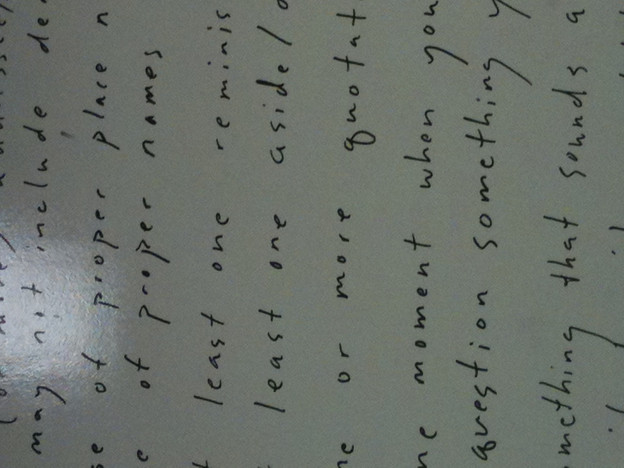WILLIAM FAULKNER FAMOUSLY SAID that a novelist is a failed short story writer, and a short story writer is a failed poet. Hemingway, with his creation of the six-word story, combined poetry and drama into a short form that has grown in popularity while remaining difficult to achieve. Narrative is looking for six-word stories that can stand alongside the best that have been written. Here are a few:
For sale: Baby shoes. Never worn. —Ernest HemingwayLonged for him. Got him. Shit. —Margaret AtwoodAll those pages in the fire. —Janet BurrowayFirst sex. I came. She didn’t. —Sherman Alexie
We welcome submissions of original, previously unpublished six-word stories for publication in Narrative and on our iPhone Application.
THE GUIDELINES ARE AS FOLLOWS:
A Six-Word Story should provide a movement of conflict, action, and resolution that gives the sense of a complete story transpiring in a moment’s reading.
Payment: We pay $50 for each six-word story accepted for publication.You may send up to five stories in a single submission.
Submission Fee: There is a $15 fee for each submission. And with your submission, you’ll receive three months of complimentary access to Narrative Backstage.
Formatting Your Manuscript: Your manuscripts should be in 12-point type, with at least one-inch margins, and double-spaced. Your name, address, telephone number, and email address should be typed at the top of the first page. You may also include a brief biographical note with your submission.
Other Submission Categories: In addition to the iStory category, please review our other Submission Categories for areas that may be right for your work.
























